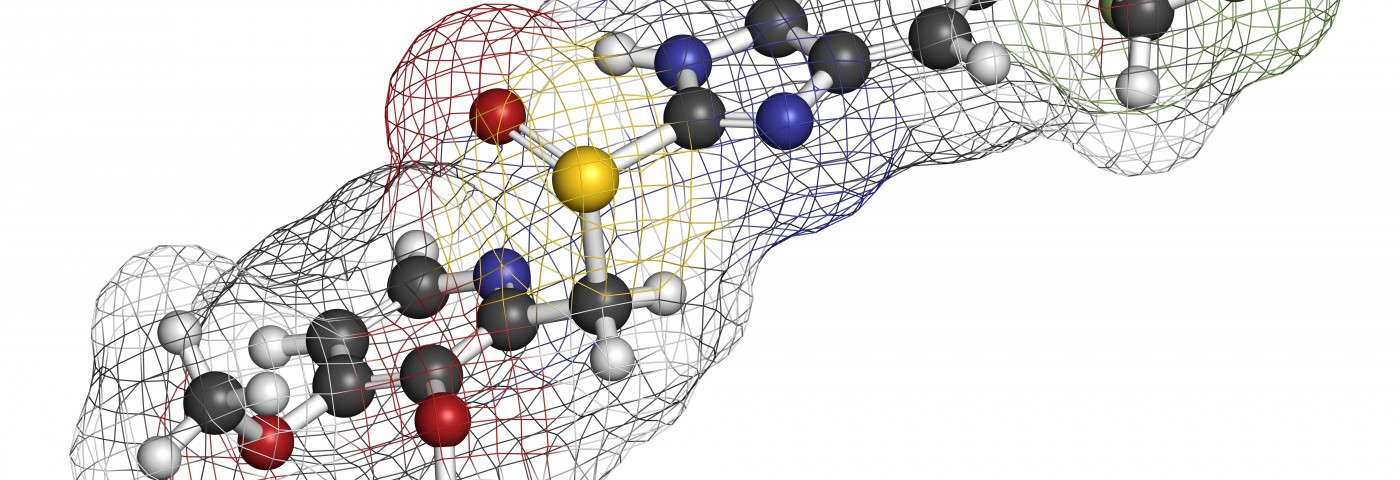A study recently published in the journal JAMA Internal Medicine shows that proton pump inhibitor drugs might increase the risk of chronic kidney disease (CKD).
Proton pump inhibitors are one of the most commonly used prescription drugs in the U.S. But studies show that between 25 and 70 percent may be inappropriately prescribed. Earlier studies have also associated proton pump inhibitors with serious negative health outcomes.
In this study, the authors wanted to explore if there was an association between proton-pump inhibitor use and CKD. The team, led by Morgan E. Grams from Johns Hopkins University, studied general population data from the Atherosclerosis Risk in Communities (ARIC) study, including 10,482 participants followed up for a median of nearly 14 years. They also looked for a possible association in another cohort of 248,751 outpatients from the Geisinger Health System.
The team noticed that, compared to non-users, proton pump inhibitor users were more often white, obese, and taking antihypertensive medication. The analysis showed that proton pump inhibitor use was associated with greater risk for CKD, also when the analysis was adjusted for demographic, socioeconomic, and clinical variables.
In the ARIC group, the 10-year estimated absolute risk of CKD among the 332 participants using proton pump inhibitors at study start was 11.8 percent, compared to an expected 8.5 percent had they not used the drugs. In the Geisinger cohort, the 10-year absolute risk of CKD among the 16,900 proton pump inhibitor users was 15.6 percent compared to 13.9 percent if they had not used inhibitors. The results also revealed that twice-daily dosing was associated with a higher CKD risk than once daily dosing.
While the study presents a statistical association, it cannot prove that CKD is a result of the proton pump inhibitor use. Other factors not explored in the study common to both kidney disease and proton pump inhibitor use could influence the result. According to the authors, more research is needed to establish that the drugs cause kidney damage.
In a press release by JAMA Internal Medicine, the authors state, “We note that our study is observational and does not provide evidence of causality. However, a causal relationship between PPI use and CKD could have a considerable public health effect given the widespread extent of use. More than 15 million Americans used prescription proton pump inhibitors in 2013, costing more than $10 billion. Study findings suggest that up to 70 percent of these prescriptions are without indication and that 25 percent of long-term proton pump inhibitor users could discontinue therapy without developing symptoms. Indeed, there are already calls for the reduction of unnecessary use of proton pump inhibitors.”

